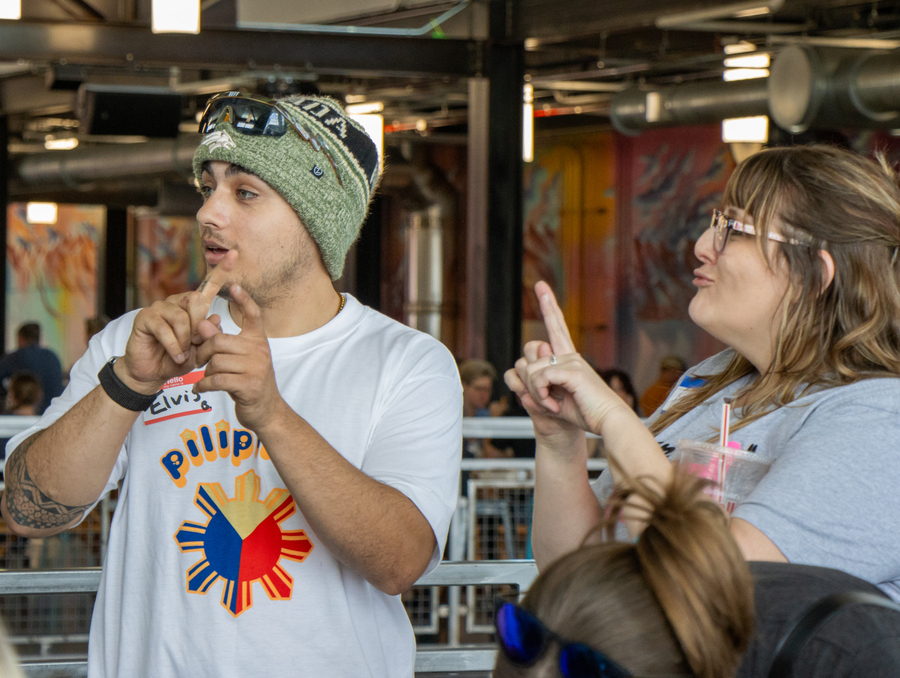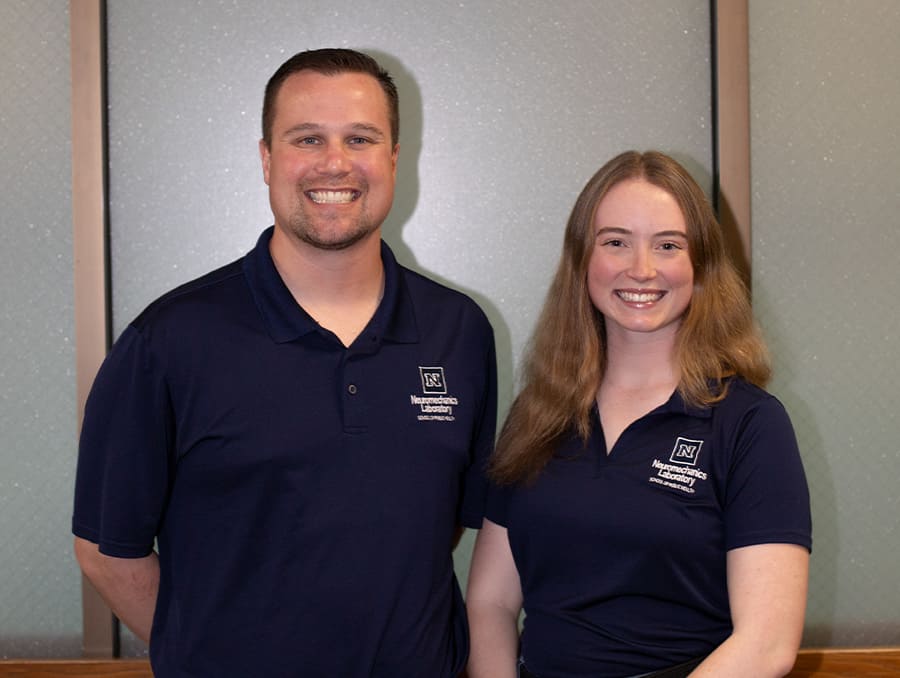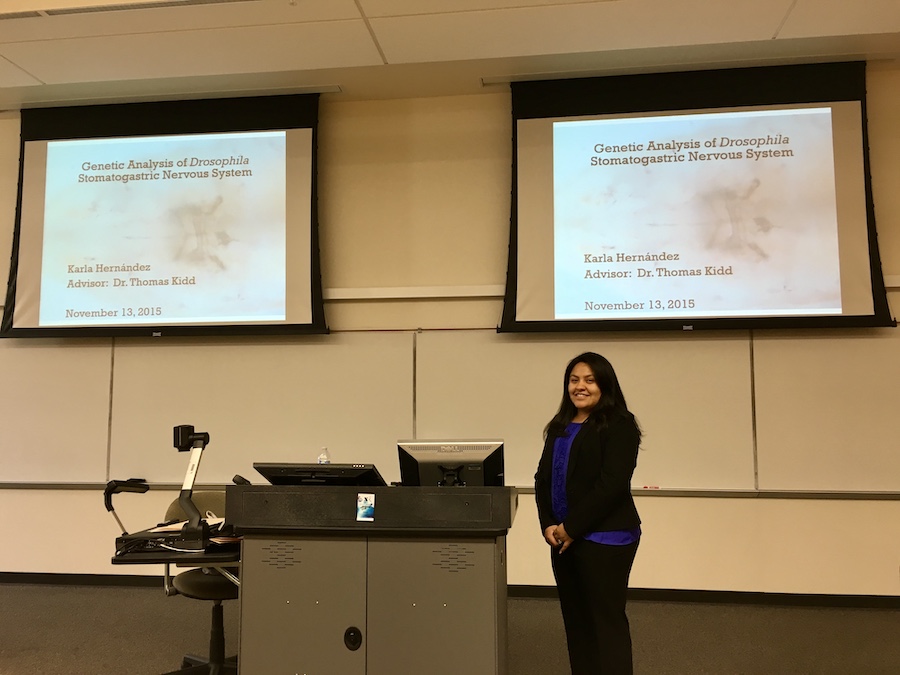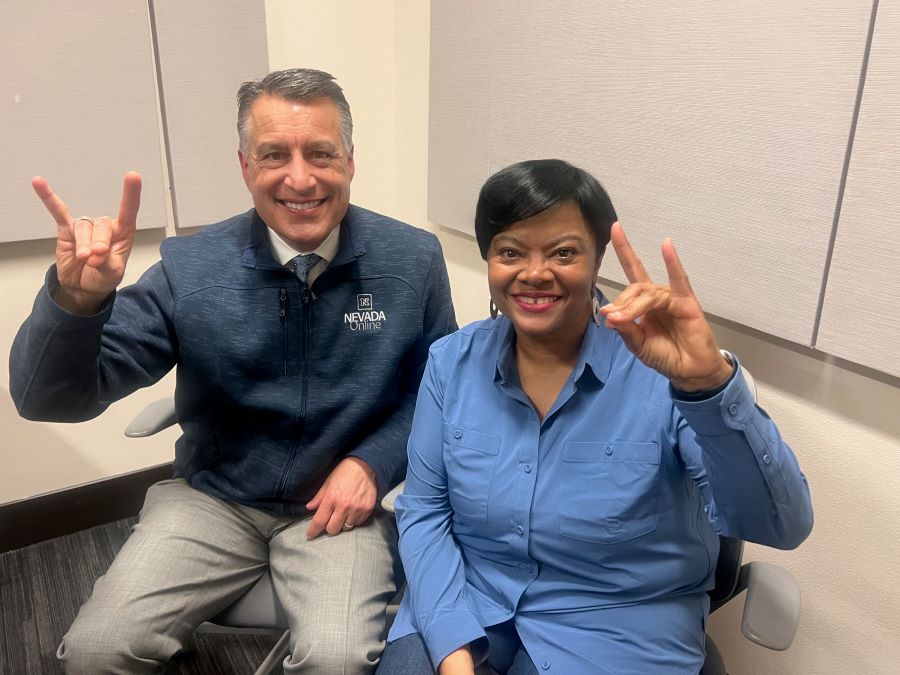A special message from Melanie Duckworth, director of the University's Psychological Service Center and associate professor of psychology, on dealing with distress associated with the Virginia Tech shootings: There are any number of concerns that are relevant in trying to manage distress that Virginia Tech students, faculty and staff are likely to experience consequent to this tragedy. It is important to know that, in the face of very extreme traumatizing events, many people are likely to report an increase in distress. The level of distress is predicted by a number of factors including:
- the seriousness/severity of the traumatic event;
- knowledge of/relationship to victims of the event;
- proximity to the traumatic event (i.e., in line of fire, on campus but not in imminent danger, off-campus);
- perceived similarity to the victims of violence (i.e., a college student, faculty person, or staff member)
- personal history of past traumatic experiences;
- past experience of psychological difficulties;
- age/developmental stage;
- gender;
- socioeconomic status (this variable serving as a proxy for any number of things, including economic disadvantage, ongoing social stress, insufficient resources/access to resources that would aid in managing distress)
- For the large majority of people who are not directly impacted by the tragedy, distress reactions lessen relatively rapidly in the absence of treatment. The literature related to crisis intervention with such people is inconsistent, with some studies suggesting benefit and other studies suggesting a detrimental effect of such immediate intervention. Some researchers suggest that, for people not directly impacted by the traumatic event, education about normal and clinically significant distress reactions and guidance regarding later use of psychological services may be more beneficial. For a percentage of people, the tragedy, although experienced indirectly, may trigger the memory of other tragedies they may have experienced. The distress associated with the current tragedy may combine with distress related to the re-experienced tragedy to cause significant upset. If an individual is experiencing overwhelming distress (as measured by subjective reports of distress and/or impairment in function), it is recommended that the individual seek assistance from a health care professional. The University supports any number of student- and community-focused health care agencies that would serve as appropriate referral sources for students, faculty and staff who require assistance. These include: the Downing Counseling Clinic; the Psychological Service Center (775) 784-6668 (for the larger Reno community); the Student Health Center; and the Family Medicine Center (775) 784-1533. Distress reactions (transient sadness, anxiety, concentration problems, sleep disruptions) that are experienced as upsetting but not overwhelming may be managed through active coping strategies including:
- 1) becoming knowledgeable of the security procedures and emergency management plan that exists on your campus and within the larger community; 2) formulating a personal plan of action that would include having personal identification and emergency contact information readily available and having a plan for contacting others in your family/social support network; 3) becoming knowledgeable of the actual rates of occurrence and probability estimates for a repeat occurrence of such an event and using that knowledge to challenge inaccurate beliefs/perceptions regarding the overall risk of exposure to such an event; and 4) actively engaging in prosocial efforts that you view as relevant to reducing the likelihood of future events of this nature.











